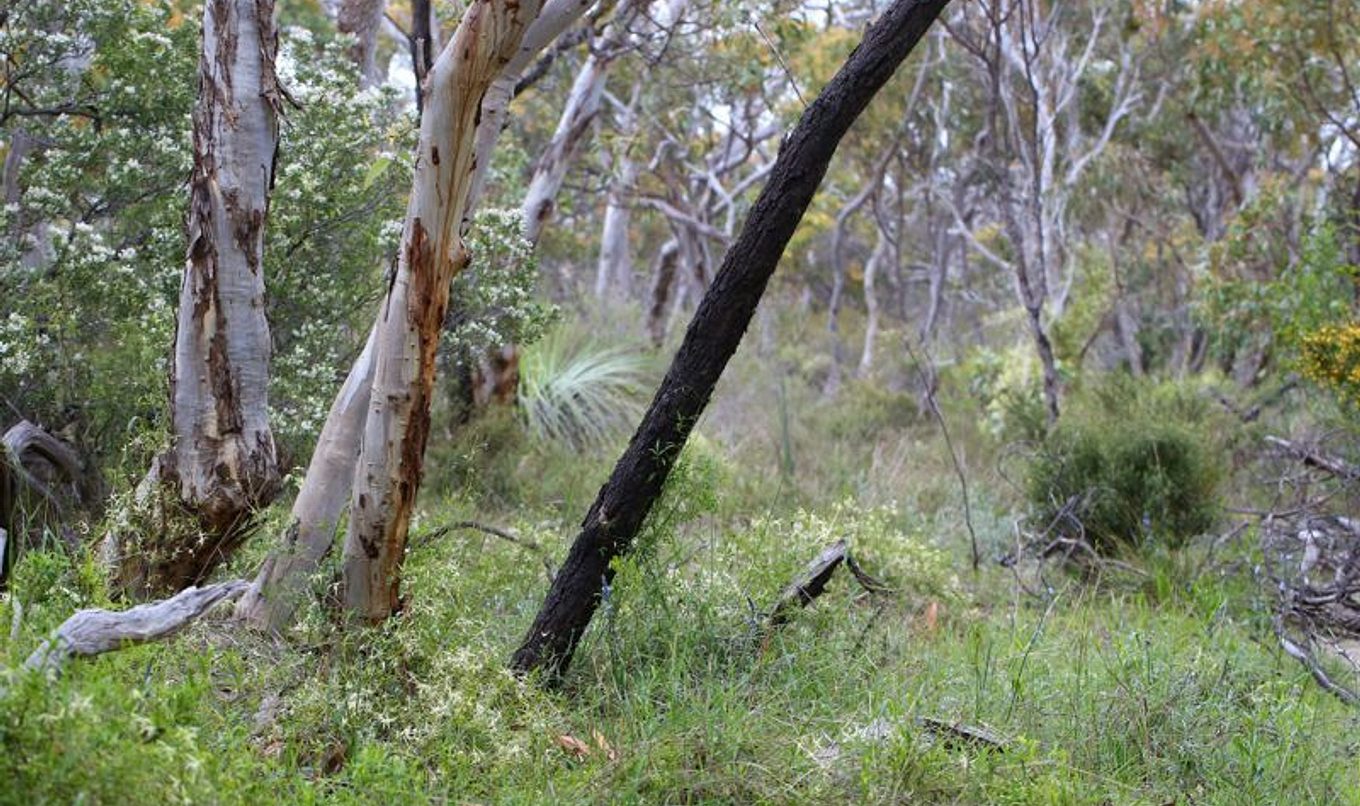Aldinga Washpool officially saved for future generations
A new 340-hectare park in Adelaide’s south is set to become a coastal environmental, recreational and cultural haven for generations to come, with the official proclamation of the Aldinga Conservation Park.

The Aldinga Washpool, one of Adelaide’s last remaining coastal freshwater and estuarine lagoon systems, has now been combined with the adjacent Aldinga Scrub Conservation Park to create the state’s newest conservation park.
The proclamation is a significant milestone for the local community and supporters, with the combination of Aldinga Washpool land with the nearby Aldinga Scrub Conservation Park creating a fantastic new ecological and cultural haven just south of Adelaide.
It adds to the state government’s commitment to protect the state’s natural environment by doubling the area covered by national parks, investing record levels of funding to improve conservation, increasing visitor numbers and boosting regional economies.
The Aldinga Washpool site is of considerable spiritual and cultural significance to the Kaurna people who today maintain their connection with Country.
The local community had long advocated for better protection of the site. In 2018, an Aldinga Washpool Working Group was established, and the state government has been working closely with this group to ensure the land’s environmental and cultural values are protected and restored.
The Aldinga Washpool includes valuable habitat for at least 79 native species, including three bird species of national conservation significance. It is also home to swamp plants of conservation significance including threatened coastal saltmarsh.
Prior to European settlement, the Aldinga Washpool was an important place for curing and drying possum skins by the Kaurna people. It is also a significant site as part of the Tjilbruke Dreaming Trail and contains registered sites under the Aboriginal Heritage Act 1988 (SA).
The land being added to the state reserves system in this proclamation includes a combination of land previously transferred from SA Water, the Coast Protection Board and the City of Onkaparinga.
The Department for Environment and Water, SA Water, Green Adelaide, City of Onkaparinga and other working group members have been working on flood mitigation, stormwater management, weed control, revegetation plans, water quality and protection of Aboriginal cultural heritage.
The proclamation of the Aldinga Conservation Park adds to the eight national parks created since 2018 including Glenthorne National Park, Hindmarsh Valley National Park, Munga-Thirri–Simpson Desert National Park, Nilpena Ediacara National Park, Wapma Thura - Southern Flinders Ranges National Park, Lake Frome National Park, Cleland National Park and Deep Creek National Park.

